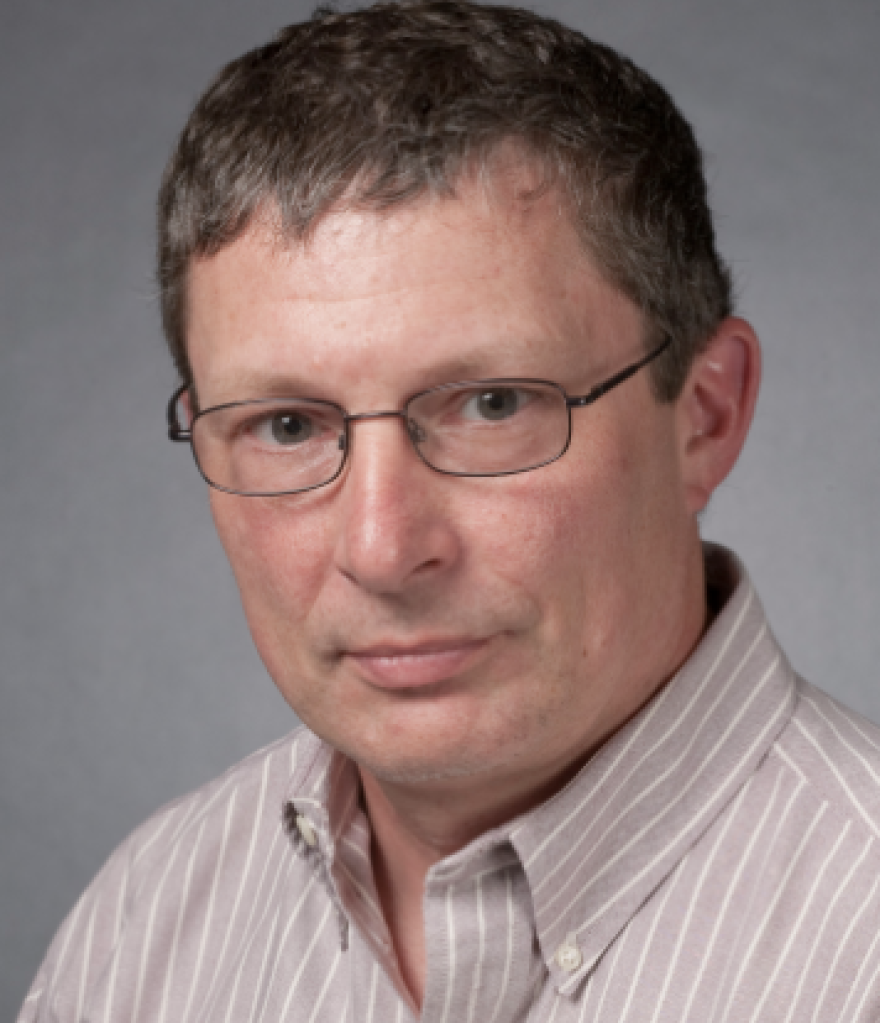Many people may be tuning to television Friday evening for the final episode in which Alex Trebek hosts the game show "Jeopardy!" Trebek died in November of cancer.
For all the years "Jeopardy!" has been on, and remember it existed before Trebek started as host, the program been a test of memory for both contestants and viewers.
On the small chance you don't know how "Jeopardy!" is played, Trebek explained the rules at the beginning of the show. “You know how we play it. We provide the categories and the answers. And it's then up to our contestants to give us the right question,” he said.
For example, if we said the category was "Radio Hosts" and the answer was "He hosts Weekend Edition Saturday," the correct question would be "Who is Scott Simon?"
For many, that was probably an easy example. Being correct in "Jeopardy!," and in life, can be much harder.
Wisconsin researchers know plenty about memory and brain science. UW-Madison Psychology and Psychiatry Professor Brad Postle is editor of "The Journal of Cognitive Neuroscience."

He says when you're asked to remember something very specific, your brain goes through a process called contextual reinstatement.
"Essentially what that means is if you can put your brain into the same state that it was in when you first encountered that information, it's more likely that you will be able to retrieve it,” Postle says. “The introspective experience of it, at least for me, is you get this sort of rapid flash of related information you encountered at a similar time, and the extent that you can jump from fact to fact to fact to get to that information you want to get to, seems to be the trick."
Postle says in a mental competition, the winner may boil down to whose brain has the best processing speed. He says in technology, a newer computer usually works faster than an older one.
But Postle says for humans, "there is natural variability in the processing speed of any two people you might meet on the street. And then, we also know that factors like age and neurological disease can influence that. Factors like how much caffeine or alcohol, or other things you might have on board in your system might influence that."
He also says if you're nervous, your mental processing speed is likely to slow. If you have expertise in the specific area about which you're asked, retrieval of information will be much faster.
UW-Milwaukee Psychology Professor Fred Helmstetter says people with exceptional memory may use strategies to retain information, such as remembering what's in a room by starting with a specific object like a couch.
But Helmstetter says the process of using a memory can also change it.

"Memory doesn't work like a digital video recorder. It's not a complete record of your experience that gets stored in its original format and then gets played back with complete fidelity later on when you recall it. It's malleable. It's changeable,” he says.
Helmstetter says subsequent experience can be one of the things that changes a memory.
“You can actually start to remember things that didn't happen to you, based on incorporating new information that happened after the event that you remember. It has pretty huge implications — certainly for things like eyewitness testimony,” he says.
Helmstetter says technology has improved to better track what's going on inside the brain — even tracing how individual cells form a memory or to get a better look at brain circuitry.
Postle says his research is about working memory. An example of that is how well you can remember a phone number between when you hear it and when you can write it down.
He says failures with working memory can be linked to depression, schizophrenia, Alzheimer's Disease and other problems. The hope is to come up with better rehab therapy for brains or improved medication or surgery — advances beyond what brain science was like when Alex Trebek started at "Jeopardy!" more than 36 years ago.
Do you have a question about innovation in Wisconsin that you'd like WUWM's Chuck Quirmbach to explore? Submit it below.
_




